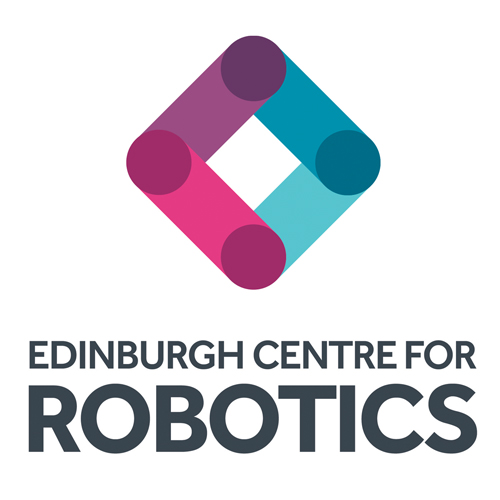Abstract:
Intelligent agents and robots will become part of our daily lives. As they do, they will not only carry out specific tasks in the environment but also partner with us socially and collaboratively. Groups of social robots may interact with groups of humans performing joint activities. Yet, research related to hybrid groups of humans and robots is still limited. What does it mean to be part of a hybrid group? Can social robots team up with humans? How do humans respond to social robots as partners? Do humans trust them? To research these questions we need a deep understanding of how robots can interact socially in group. That involves to give robots social competencies to allow them to identify and characterize group members, evaluate the dependencies between the behaviors of different members, understand and consider different roles, and infer the dynamics of group interactions in a group, led by a common past to build an anticipated future. In this talk I will discuss how to engineer social robots that act autonomously as members of a group collaborating with both humans and other robots. I will start by providing an overview of recent work in social human-robot teams, and will present different scenarios to illustrate the work.
Bio:
Ana Paiva is a Full Professor in the Department of Computer Engineering at Instituto Superior Técnico (IST) from the University of Lisbon and is also the Coordinator of GAIPS – “Group on AI for People and Society” at INESC-ID (see http://gaips.inesc-id.pt/gaips/). Her group investigates the creation of complex systems using an agent-based approach, with a special focus on social agents. Prof. Paiva’s main research focuses on the problems and techniques for creating social agents that can simulate human-like behaviours, be transparent, natural and eventually, give the illusion of life. Over the years she has addressed this problem by engineering agents that exhibit specific social capabilities, including emotions, personality, culture, non-verbal behaviour, empathy, collaboration, and others. She has published extensively in the area of social agents, received best paper awards in many conferences, in particular she won the first prize of the Blue Sky Awards at the AAAI 2018. She has further advanced the area of artificial intelligence and social agents worldwide, having served for the Global Agenda Council in Artificial Intelligence and Robotics of the World Economic Forum and as a member of the Scientific Advisory Board of Science Europe. She is an EuroAI fellow.

